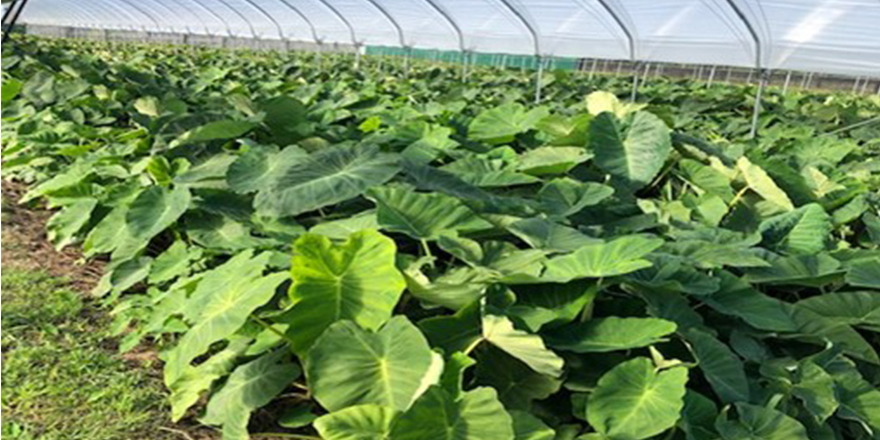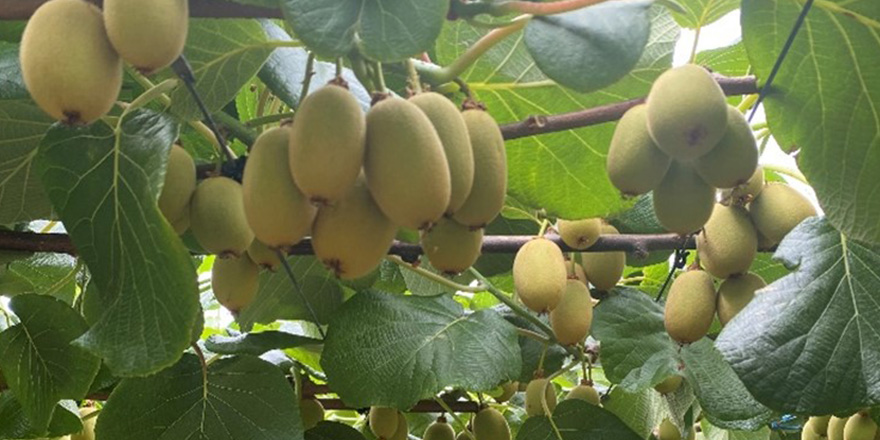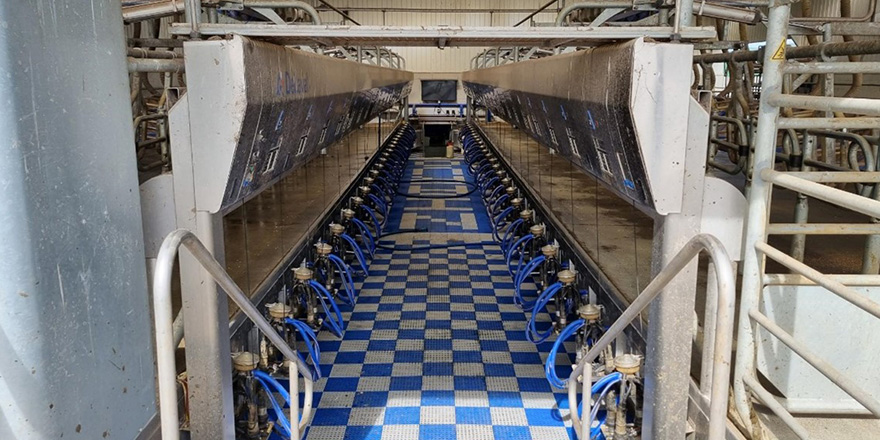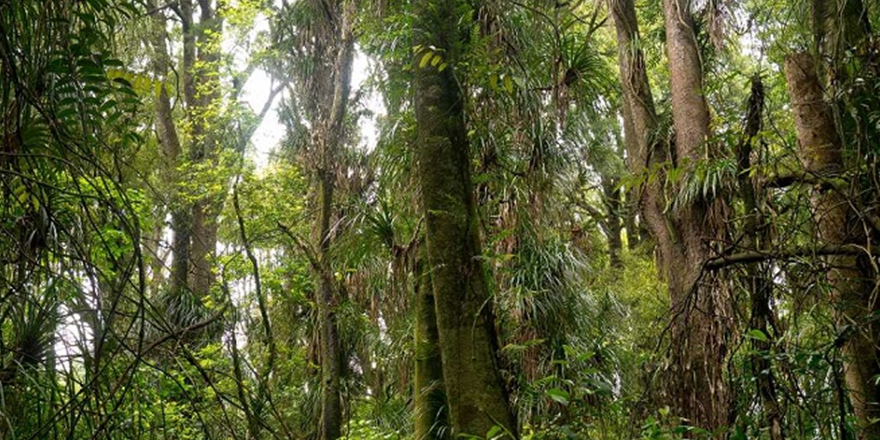Executive summary
This report aims to identify the advantages and disadvantages of fodder beet (FB) as a feed option for lactating cows in the dairy industry. In this report I analyze the cost to grow, harvest and transport fodder beet. In addition, I compare similar stock feed that includes: palm kernel expeller (PKE), and grain. I pay particular attention to the nutritional and environmental factors involved with each type of feed.
To begin, I give a brief overview of PKE, grain and FB. Next, I examine the key physical attributes and history of the different supplements. The next section outlines the different dairy farm systems in relation to the level of supplements used on farms.
In this report, I review the factors that influence the cost of supplements. From these factors, I then assess the actual cost of the different supplements. Once I convert these dollar figures and apply the amounts to an energy unit, I then pair this information against the average dairy payout figures from past years. From here, I then calculate the profit margin of each feed. This figure is then extended beyond an individual farm by applying industry statistics to the calculation. I use the calculation to then highlight the potential benefits a change in feed could provide for the entire dairy industry.
Another major issue associated with supplements is the environmental concerns. In my report I provide the opposing viewpoints with regard to the usage of PKE. This section is designed to highlight the difficulty associated with achieving collaboration when the opposing views are so strong.
I conclude by addressing the difficulties with feeding FB, one example is acidosis. However, I also provide the potential nutritional benefits associated with lower levels of excreted nitrogen, and therefore more protein is utilized and absorbed by the cow.
This report strives to be both informative and provocative. I want to inform the reader on the current issues surrounding supplements, but also, and perhaps more importantly, challenge the reader to think outside the box and reach for solutions. We live in a world of constant change as this report continually highlights. For us to move forward as a collective, we must embrace this constant change in order to prosper.
Sam Riley



